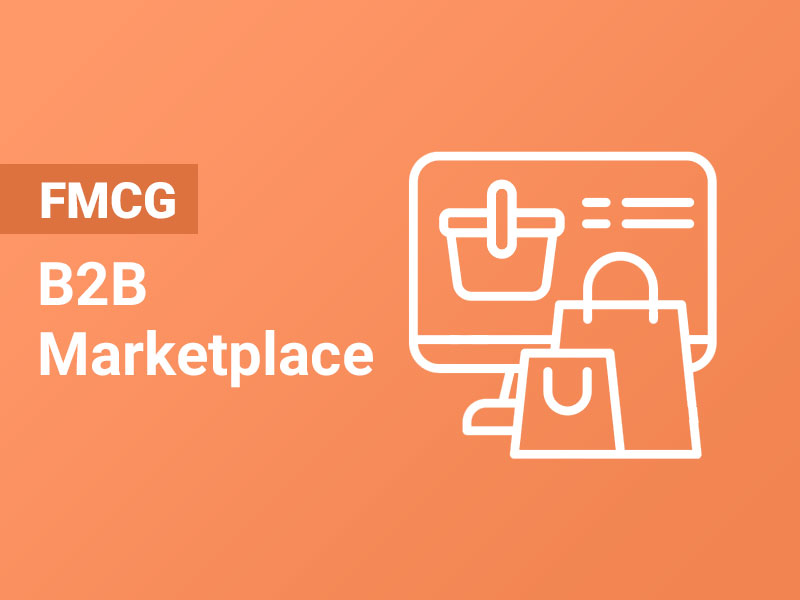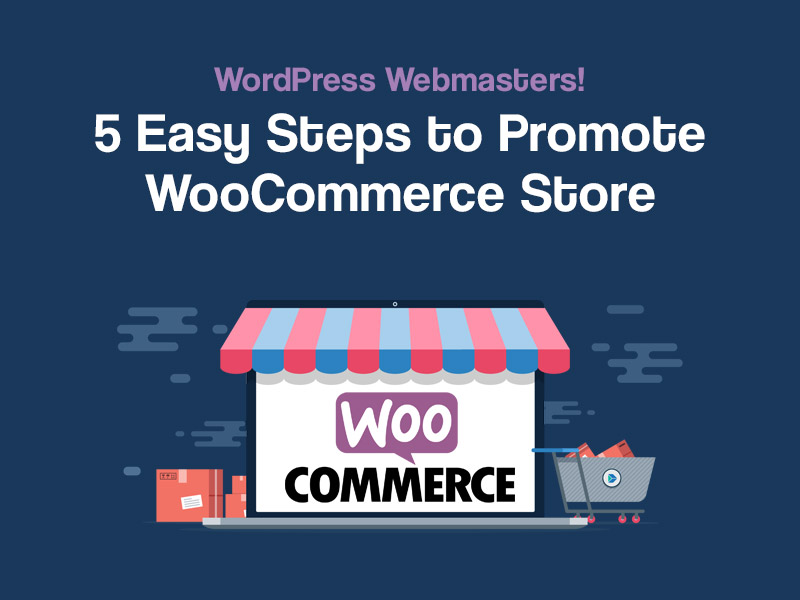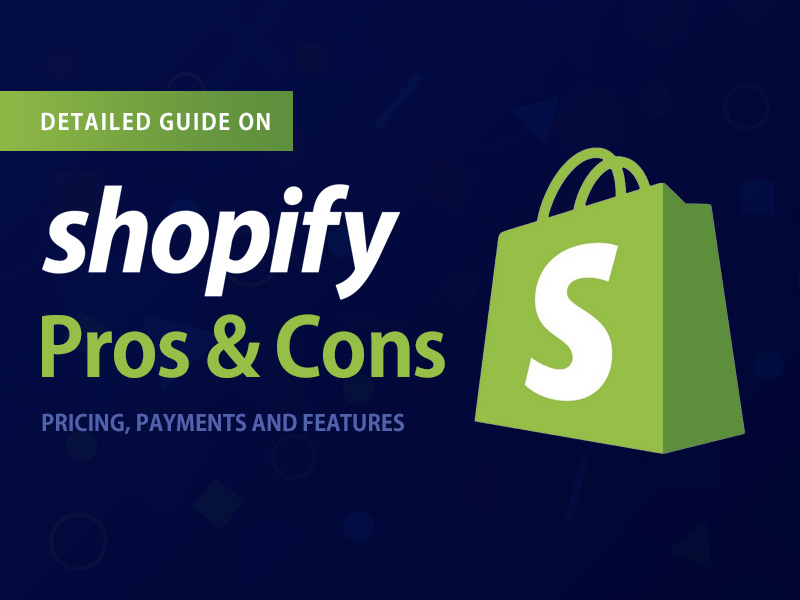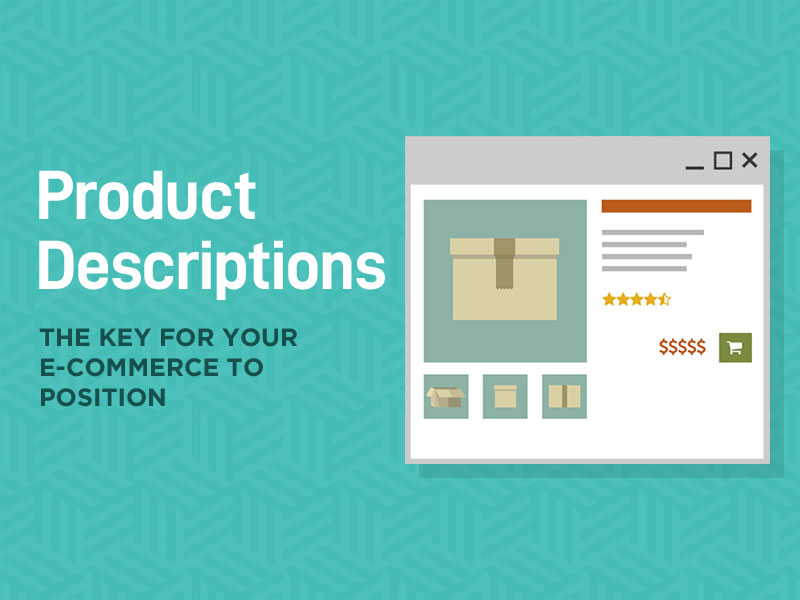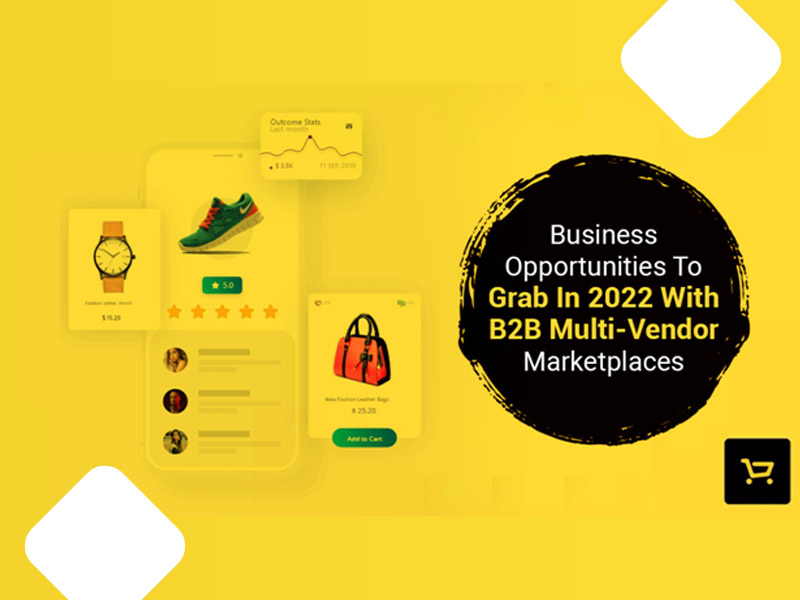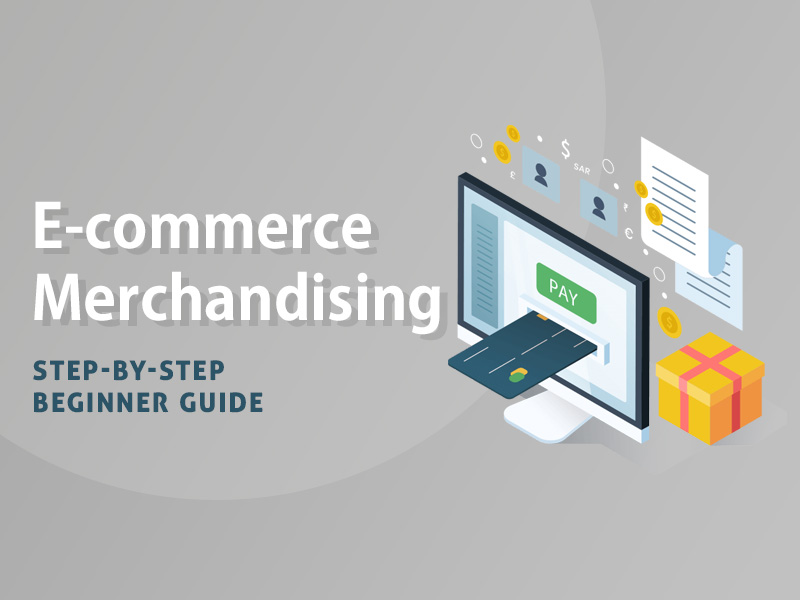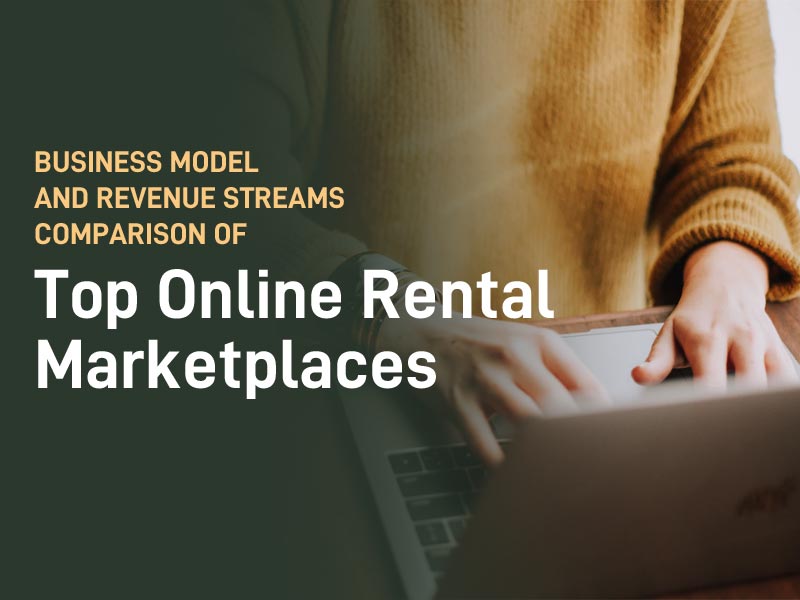The FMCG industry is growing at an unprecedented rate, and B2B marketplaces are among the key drivers of this growth. According to recent research, the global Fast Moving Consumer Goods industry will likely reach an all-time high of $15,361.8 billion in 2025.
The increasing popularity of marketplaces in the FMCG industry was also fueled by the COVID-19 pandemic, which disrupted business as usual for wholesalers and retailers. When the pandemic struck, shops, transport logistic companies, and even some manufacturers had to close down, resulting in chaos in the FMCG industry.
To stay afloat, most companies had to move online. And to save up on the costs of creating a B2B platform from scratch, most of them are leveraging open source B2B marketplaces and other new channels. This eye-opening article explores the FMCG B2B marketplace landscape and will help you gain better insight so you can get started and remain one step ahead of the competition.
The State of the FMCG B2B Marketplace
Popular B2B e-commerce web portal unites wholesale buyers and sellers in the fast-moving consumer goods industry. These include suppliers, manufacturers, and brands selling their products in bulk to other businesses.
Today, with the advent of the pandemic, the success of businesses that deal with fast-moving products now depends on B2B marketplaces. They act as transactional platforms and avenues by which companies can build networks and discover creative ways to boost brand outreach.
FMCG B2B marketplaces significantly improve sales engagement. Did you know that about 80% of buyers and sellers now prefer digital self-service and remote human interaction over traditional in-person engagements? Today’s buyers want access to a variety of all potential suppliers in one place. Consequently, this enables them to get high-quality products at reasonable prices.
Before you go ahead and build your own FMCG marketplace, here are eight non-negotiable features that your platform needs to have to compete.
8 Features that Make an FMCG B2B Marketplaces Unique
To stand out in the FMCG industry, your marketplace should have the following:
Multi-vendor portal capabilities
It’s crucial that sellers have complete control over their accounts. When building your marketplace, ensure every seller has access to their profiles and can make appropriate changes to their brand information, contact, and product descriptions. Additionally, they should have permission to manage and personalize product pricing.
Product filtering capabilities
A filtering feature allows a buyer to sift through massive product lists on the site based on parameters such as pricing, location, type, brand, and many more. It is a surefire way for potential buyers to find products quickly, improving the chances of conversions.
To make the marketplace more efficient, ensure buyers can use multiple filters simultaneously. Doing so enables them to eliminate irrelevant products with a few clicks, improving user experience.
Content management capabilities
Vendors should be able to edit their product images and content easily. This feature allows them to be more dynamic in their sales processes, especially when dealing with different groups of customers.
Also, allowing prospects editing rights for their orders is an excellent way to make them feel confident about their purchase. With this feature, buyers can change their delivery address, order quantity, contact details, payment method, etc.
Vendor vetting capabilities
Horror stories of eCommerce scams are not unheard of. As such, having a rigorous vendor vetting process is vital.
Knowing that all vendors on the website are reputable and will deliver products of the expected quality does two things; it reassures buyers of your platform’s credibility and minimizes financial risks involved with dishonest sellers.
You can start by confirming the legitimacy of their business by asking for the appropriate licenses. Also, use various reliable online portals to research vendors. Trade associations are also great places to ask group members to give you honest supplier reviews.
Incorporate a CRM software
As the name suggests, customer relationship management software is a program that allows vendors to monitor and analyze customer interactions. Sellers, in turn, use the information to upgrade their marketing tactics, improve communication, and boost sales.
Asides from elevating the customer experience, CRM software allows vendors to automate sales tasks, which reduces sales funnel bottlenecks, among other things.
Vendor comparison
Every buyer wants the highest quality products with the most affordable rates. As such, including a feature that allows for vendor comparison will be much appreciated.
With the feature, buyers can compare the prices of multiple vendors offering a similar product, giving them the best possible deal.
Data protection
With the increase in phishing attempts and other cybersecurity attacks, the importance of protecting your users’ data cannot be overemphasized. To do that, you need to incorporate stringent cybersecurity measures and enable multi-factor verification to ensure hackers do not intercept sensitive user data.
Confidentiality
To avoid promoting unhealthy brand competition, ensure vendors can hide sensitive information from their competitors.
For instance, there should be an option that allows sellers to put product specifications on private mode, preventing other companies from creating counterfeit products.
Top 3 FMCG B2B eCommerce Platforms to Consider
1. OroMarketplace
OroMarketplace is the leading B2B-focused, integrated marketplace solution on the market, and there is a lot you can learn from their approach. The company seeks to revolutionize B2B eCommerce by providing a flexible and robust avenue for wholesale buyers and sellers. The goal is to help businesses grow their catalog size as well as expand brand outreach.
This B2B marketplace software automates and manages purchasing orders and data entry by connecting it with the business systems you use, including PIM, CRM, ERP, WHM, and many more. This is particularly important as it reduces redundancy and eliminates sales bottlenecks.
With OroMarketplace, users can create a custom marketplace of their choice targeting specific niches or whole sectors. In addition, the company offers personalized solutions to ensure businesses maximize their lead conversions while buyers find their preferred products.
2. Magento commerce
If you need scalability, Magento commerce is one of the ideal platforms for your company. It is a well-liked open-source platform, thanks to its ease of use. With its vast pool of advanced in-built features, you can create your website of choice, tweaking the layouts and the overall design to your preference.
However, Magento can be a bit pricey in terms of development and maintenance. Otherwise, its intuitive design and simplicity in data management make it a B2B eCommerce platform worth trying.
3. BigCommerce
BigCommerce is another superior B2B eCommerce platform worth mentioning. It is a cloud eCommerce platform that can ignite the growth of your B2B business.
BigCommerce has tools that allow you to deliver API-driven solutions and guarantee a seamless user experience. It is a feature-rich platform offering multi-currency support, among others. Furthermore, it has a responsive design that allows users to add product modifications however they deem fit.
Like Magento, BigCommerce is costly. However, the platform allows for scalability, making it ideal for fast-growing businesses.
Over to you
The pandemic revealed how critically important it is for FMCG brands to stay prepared for supply chain uncertainties and volatile demand. B2B marketplaces help FMCG businesses stay in touch with consumers wherever they are, thereby eliminating hurdles such as lockdowns and quarantine. The goal is to provide uninterrupted buying and selling across all channels, thus significantly improving the overall customer experience.
With all these perks and more, FMCG B2B marketplaces are undoubtedly here to stay. Be sure to get the most out of them.
